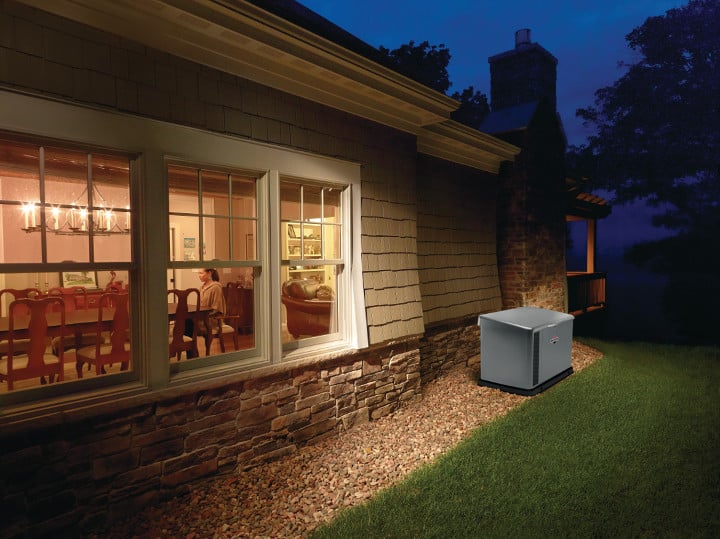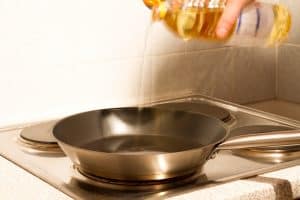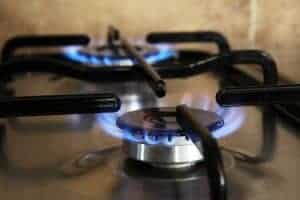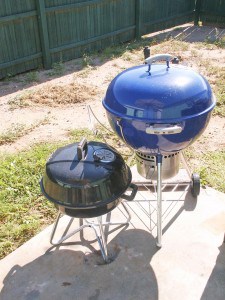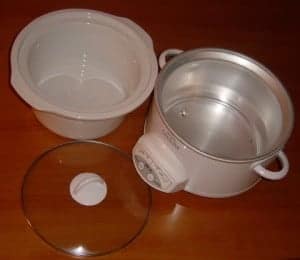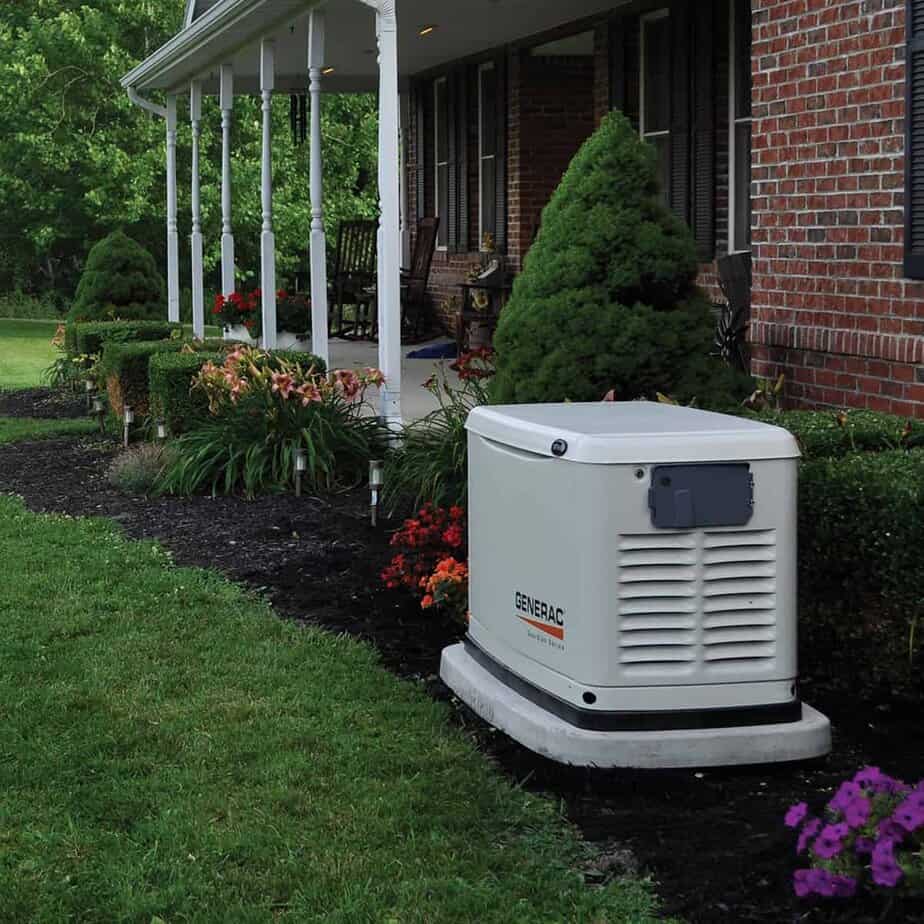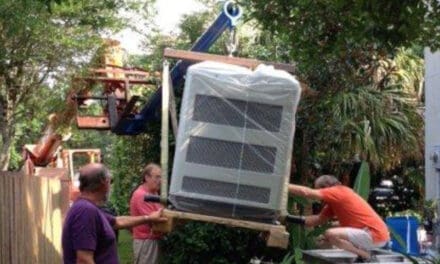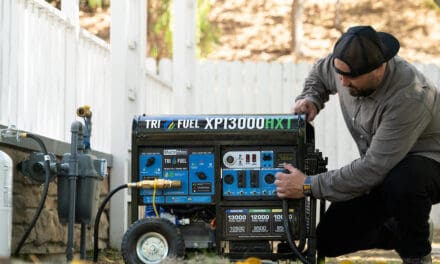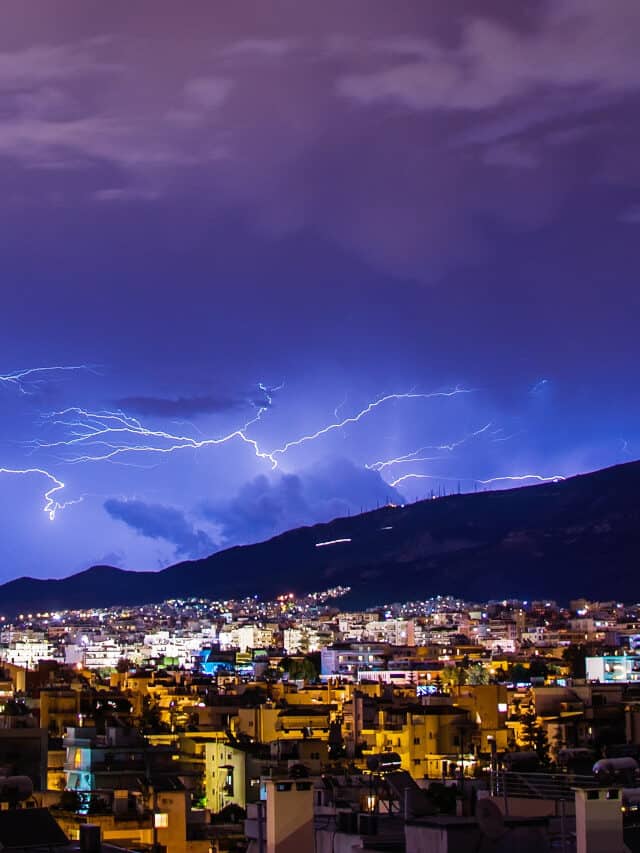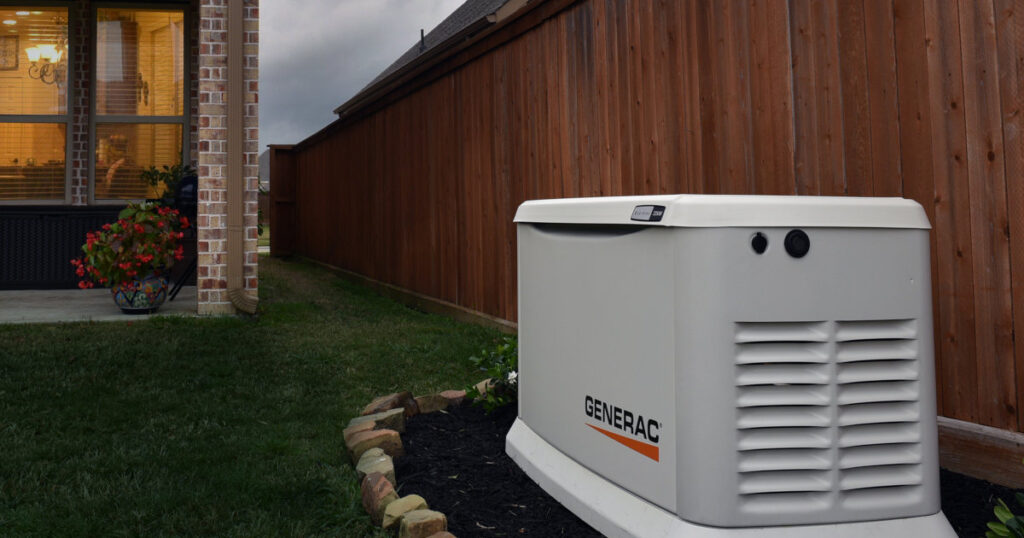We rely upon electricity every day and don’t think about it very much. At one time electrical power seemed almost miraculous. Now, most of us simply take it for granted.
Then the power goes out and suddenly lights don’t go on at the flip of a switch and the appliances and systems we rely upon to keep us comfortable and safe don’t work. Without a source of backup power, accomplishing many of our daily tasks becomes more difficult.
Preparing food and keeping it safe is one way we use electricity that becomes a bit more difficult without power, or when you don’t have enough power. Food that is at risk of spoiling can be preserved for a much longer period of time once it is cooked.
Home Standby Generators for Essential Power
11 & 12-Kilowatt Automatic Standby Generators for Home
Gas Ranges
Most modern gas stoves and cook tops will still work during a power outage. Turn a burner on and if it doesn’t light, turn it off and wait for minute. Then turn the gas back on to Medium High and light it with a BBQ lighter or stick match.
Avoid very large, thick pieces of meat or large poultry. Break these items down into smaller pieces for cooking on the stove, or perhaps cook them outdoors on the grill.
Stove Top Chuck Roast: Season the roast with salt and pepper. Brown in a large pan with onion and garlic. Deglaze the pan with a cup of water or red wine. Bring to a simmer and cover tightly for one hour. Add cut up carrots and potatoes and simmer another 45 minutes.
Top 4 Portable Generators for Emergency Power
Quiet and Fuel Efficient Portable Inverter Generators
BBQ Grills
If the power is out and your standby generator can’t supply your electric range, just move the cooking outdoors. A gas grill works much like an oven or a stove top, and many people use it for both. Cook large pieces of meat until not quite done and move them over low heat or no heat to rest and come up to temperature. While you’re waiting, finish the meal by grilling your vegetables.
Quick Grilled Potatoes: Slice potatoes lengthwise into 1/2-inch-thick planks. Season and grill a few minutes on each side until done. Sprinkle with grated cheese and a dollop of sour cream. They look awesome and taste even better.
Charcoal grills add their own flavor to outdoor cooking and many people use them for the taste and the fun. They become multipurpose tools in a power outage. Like the gas grill, cook the big things first. Add a few coals if you need to punch up the heat, then cook your vegetables.
If you have a large, cast-iron fry pan or griddle, you can even make pancakes for breakfast.
What Size Backup Generator—Standby Generator Sizing Guide
16 to 17-Kilowatt Home Standby Generators
Slow Cookers / Crock Pots
An emergency supply of electrical power will power a slow cooker or crock pot and won’t add much to the overall electrical load. It is amazing how efficient these little devices are and you can prepare an entire meal in one, which makes clean up a breeze.
Crock Pot Stew: Cut meats and vegetables into similar sized pieces. Turn the cooker on high and let it get hot. Spread the meat out and brown it. Add your vegetables, liquid, and herbs and spices. Food cooks fairly quickly on high. You can stretch it out all day by cooking on low.
Power Outage Food Safety
According to FEMA, the Federal Emergency Management Agency, temperatures in a refrigerator may rise to unsafe levels in just four hours and food in freezers may begin to thaw after 12 hours.
As the temperature of food rises above 40 degrees Fahrenheit, it enters the danger zone that allows bacteria to grow quickly. Some foods including meats, fish, and poultry are becoming unsafe after an hour or two at room temperature. The higher the temperature rises, the faster bacteria grows. Cooking food and then keeping it cool can extend it’s safe life. Stock up on ice and keep it in a cooler to keep it cold
Other prepared foods that contain acids such as ketchup and mustard may keep much longer without proper refrigeration. Some fresh vegetables may not last for days at room temperature, but they won’t make you sick if you cook them.
Keeping food cold or frozen is absolutely necessary to food safety. Once refrigerator temperatures rise above 40 degrees, the window for keeping food safe is closing quickly. An hour or two is unlikely to cause harm. Go much beyond that and you are taking a serious risk.
Avoiding the risk means keeping food cold and the best way to do that is with a refrigerator and freezer that continues to operate throughout the outage. An automatic standby generator system can keep your refrigerator and freezer powered up by starting and running just seconds after the power goes out and that is even if you are not at home.
A portable generator with a manual transfer switch that supplies power to essential circuits is another possibility for emergency power, but it won’t operate on its own and it requires regular refueling.
Standby Generator Buyer Guide- What Size Generator do I Need?
Standby Generators for Whole House Power
Is Your Food Safe?
If you have no power at all during an outage that extends into days, you’re probably going to throw some food away if you don’t have backup power. Minimize loss by preparing in advance.
- Keep a thermometer in both your refrigerator and your freezer in a place where it only takes a glance to see it.
- Keep the doors on your refrigerator and freezer closed unless absolutely necessary.
- When the refrigerator temperature begins to rise, stock up on ice in tubs and coolers and pack as much as possible beneath the ice.
- Is your freezer full? A full freezer is the most efficient and stays frozen longer. Fill empty space with gallon water bottles filled two-thirds full. If you need room, take one out. Put them back when you have space. They will help keep food frozen much longer during an outage.
- In most refrigerators, the rear of the bottom shelf is the coldest. Store highly perishable items such as meats and dairy there.
- Don’t add warm items to the refrigerator. If you know in advance that a power outage is likely, cluster items together and freeze blocks of ice.
If you consider the amount of money invested in food that is kept in your refrigerator and in your freezer, isn’t a source of emergency power worth the investment? When you add in the safety of your family, doesn’t that make it necessary?
Updated August 3, 2018

